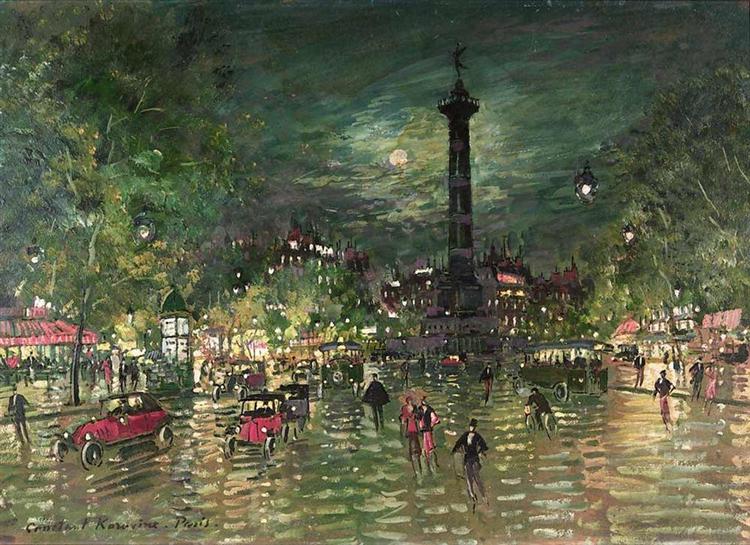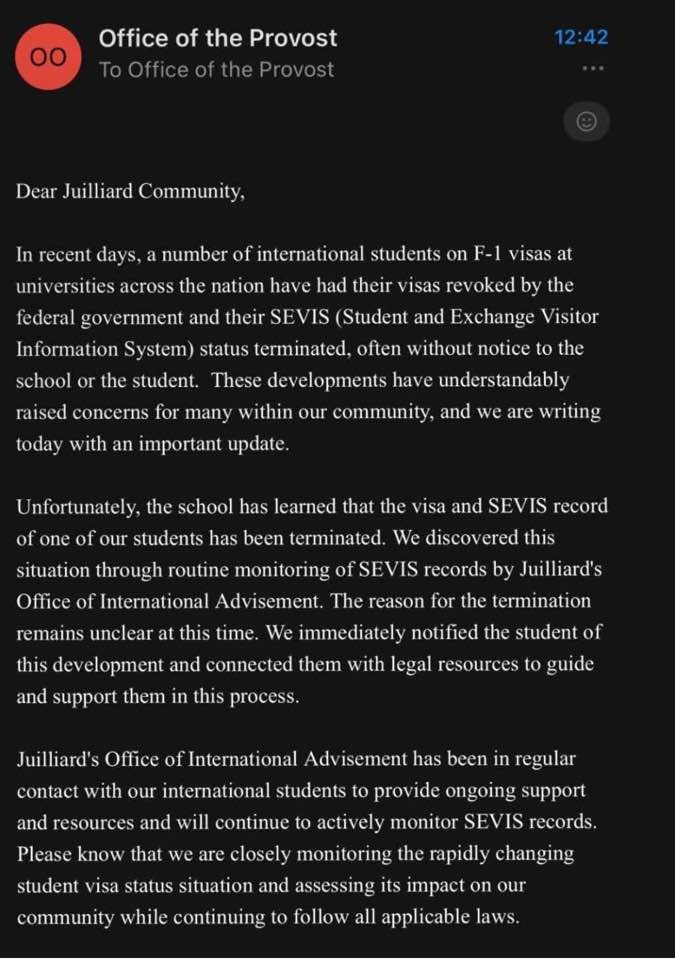Huge rise in musicians’ mental health issues
NewsThe British Association for Performing Arts Medicine has issued new data on mental health in the arts.
In 2023 there was a 396% surge in mental health consultations and a 357% increase since 2019 in patients who contacted BAPAM for mental health reasons. Musculoskeletal injuries also dominated BAPAM’s services.
Mental health accounted for 32% of consultations. Musculoskeletal injuries accounted for over 40%.
Vocal problems comprised 15% of BAPAM’s casework in 2023 compared to 6% in 2019






Comments